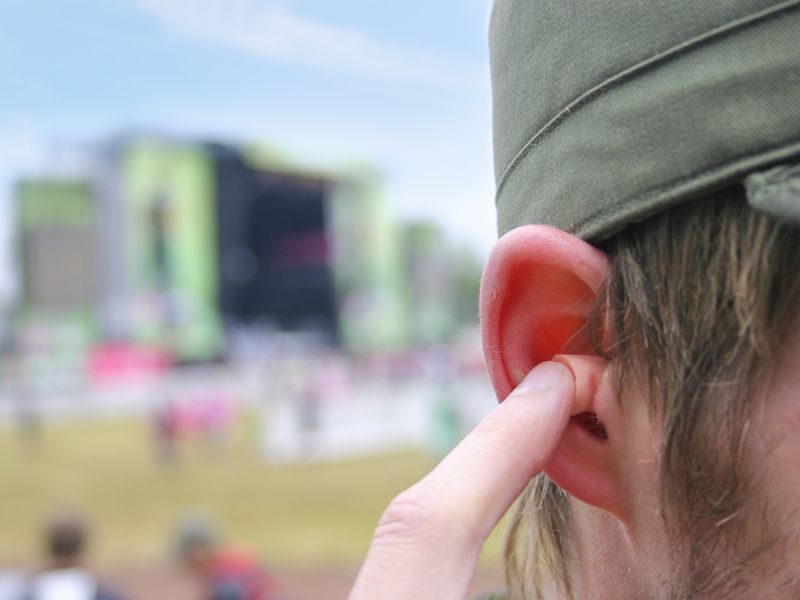
Earplugs can be practical if you’re subjected to loud noises, such as, something as basic as a spouse who is snoring, or a lawnmower in your backyard, or going to an arena to see a concert. In the first two situations, they can help protect your hearing by decreasing the volume. They assist in saving your sanity and possibly even your relationships, in the last case, by enabling you to get a good night’s sleep. But are these ear protectors, actually, hurting your ears?
What’s The Purpose of Utilizing Earplugs?
It’s a pretty simple argument for using earplugs: When used properly, earplugs can minimize your exposure to excessive sound levels and thereby safeguard your ears. Maybe you’ve observed that your hearing sounds different after you leave a loud venue, for instance, a football game with a loud crowd, and you may also experience symptoms of tinnitus. This happens because those extremely loud sounds can actually bend the tiny hair cells in your inner ear. In a couple of days, when the hairs have recovered, it generally goes away.
But in a number of instances, there is a continual attack on those tiny hairs, particularly if you work in a noisy profession like the music business or around jet planes. As opposed to recovering after bending, the cells are damaged permanently. inside of each cochlea, there are around 16,000 of these tiny hair cells, but up to 50% of them can be harmed or destroyed before your hearing has altered enough for the deficiency to appear in a hearing assessment.
Is it Possible That Your Ears Could be Injured by Earplugs?
With all that, you’d think that using earplugs would be a no-brainer when it comes to protecting your ears. But primarily if you’re in scenarios where you’re subjected to loud noises regularly (like on the job or with the aforementioned snoring spouse), over-the-head earmuffs or noise-reducing (but not completely blocking) headphones are a better choice. Earplugs are better applicable to one-off situations like a sporting event or concert than for everyday use.
Why? For one, earwax. So that they can protect themselves, your ears generate earwax, and if you’re regularly using earplugs, more earwax will be produced, and you’ll probably push it in with the plugs. Tinnitus and other complications can be the result of impacted earwax.
Ear infections can also result from overuse of earplugs. They can become bacteria breeding grounds if you regularly wear the same pair but fail to properly clean and disinfect them. Ear infections are, at the very least, a painful irritation. But at the worst-case-scenario end of the spectrum, they can also be the cause of hearing loss if you fail to get treatment.
How Can You Utilize Earplugs Without Risk?
Earplugs still have a strong benefit, whether it’s safeguarding your hearing or enjoying a restful night’s sleep. Using them in the right way and using the correct kind is the key to success. Foam earplugs are the least expensive, which is good because you really shouldn’t reuse them, the cushy, porous material is a germ’s haven. Wax or silicone earplugs are reusable, but you need to keep them clean, use warm water and mild soap to cleanse them, and you shouldn’t put them back in your ears until they’re totally dry. It’s also a good idea to store earplugs in a ventilated container to discourage humidity, or worse, mold or bacteria, from building up.
If you want or need to use earplugs on a regular basis, you might want to consult us about having custom-made earplugs. These are constructed from unique molds of your ears, they’re reusable and since they’re fitted to your ears, their comfortable. But it’s worthwhile not to forget, good earplug hygiene can lessen hearing damage.